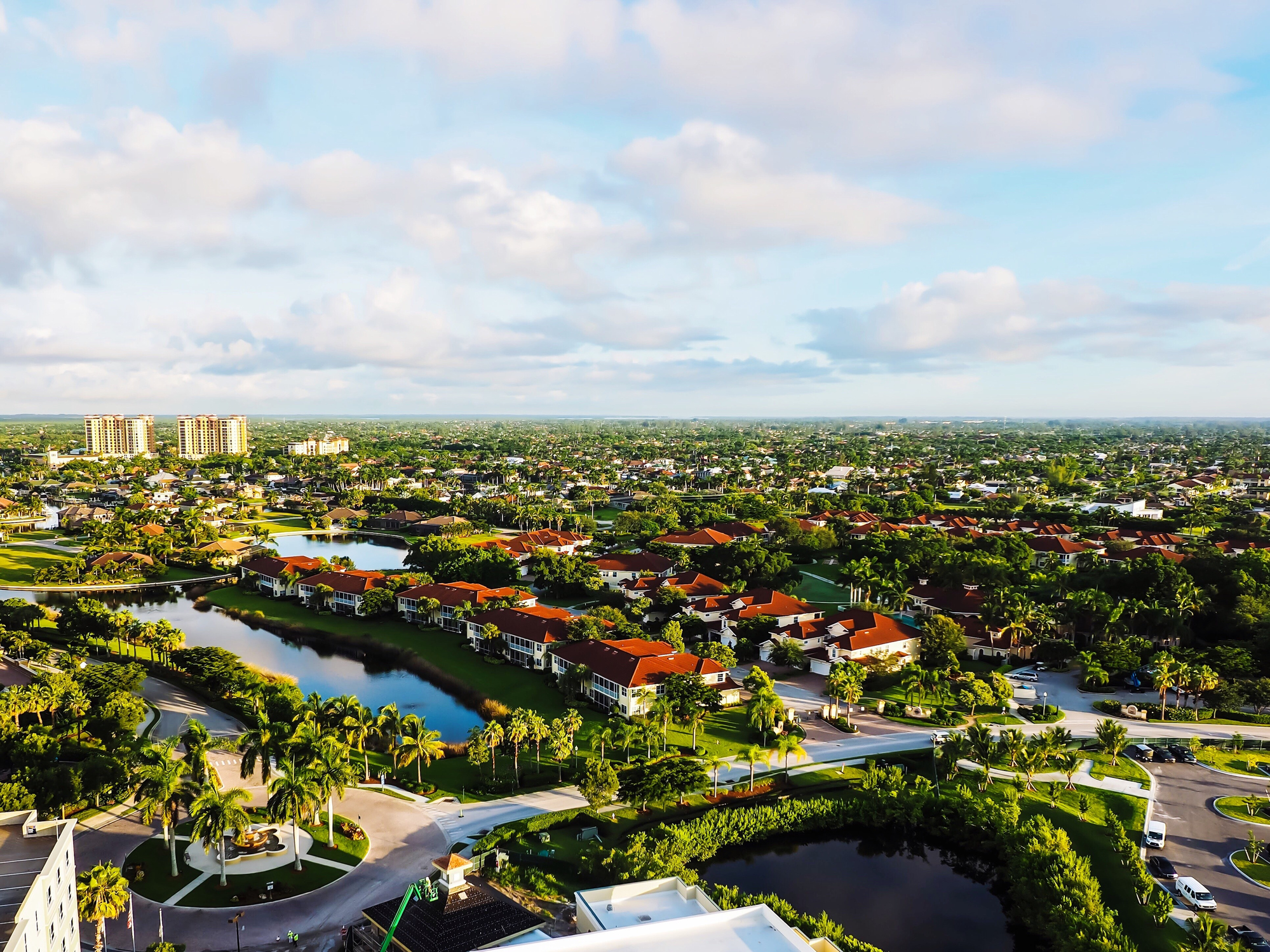Buyers Undeterred in Ian’s Hardest-Hit Areas
FORT MYERS, Fla. – In the month before Hurricane Ian hurtled into southwest Florida, shredding Lee County and destroying or damaging more than 32,000 homes, the area reigned as having the most overvalued real estate in the nation.
The county of pristine barrier islands and waterfront homes had bullied title-holder Boise, Idaho, into second place in an August ranking of price-bloated housing markets, according to a study released Tuesday by Florida Atlantic University and Florida International University.
Two weeks after Ian’s Category 4 wrath, economists and Realtors said the Sept. 28 storm may be a pause in Florida’s humming housing market but is unlikely to have long-term impacts because “people want to live near saltwater in a warm and business-friendly climate,” said Ken H. Johnson, an FAU housing economist.
In the near term, however, Ian could bolster unaffordability in Southwest Florida and Palm Beach County by reducing the number of homes for sale and rent as locals look for temporary residences while their Lee County homes are rebuilt.
“I haven’t lost a single potential buyer because of the storm,” said Bob Ashworth, a real estate agent with RE/Max Realty Team in Cape Coral. “We still have strong demand. People still want to buy.”
At the end of August, Lee County buyers were paying an average of about 70% above the area’s long-term pricing trend. Four Florida housing markets in addition to Lee County made the university study’s top 10 list of most overvalued in the country when compared to historic trends back to 1996. Those other three markets were Palm Bay, Lakeland, Deltona and Tampa. Other markets in the top 10 include third-ranked Las Vegas, Atlanta (5), Charlotte, N.C. (8), and Ogden, Utah (10).
The Miami market, which includes Palm Beach, Broward and Miami-Dade counties, remains ranked as more overvalued even as other markets nationally begin to see their prices slip, according to the study. In August, Palm Beach County buyers paid 39% more for homes, including townhomes and condominiums, than they should based on the historic trend. In August 2021, they paid 10.5% more.
On the FAU and FIU list, Miami ranked 38th nationally in August. In August 2021, it ranked 74th.
Johnson said he and report co-author Eli Beracha, director of FIU’s Hollo School of Real Estate, are considering taking Cape Coral out of the monthly tally of overvalued markets because of how Hurricane Ian may skew prices either with a spike because of fewer homes to rent and buy, or because of distressed sales of properties that owners can’t afford to fix.
“I wouldn’t be shocked if prices went down for one month, but what I’m hearing is people are coming in with cash and trying to buy up lots and sellers are saying no,” Johnson said. “There is no fire sale going on from what I’m hearing.”
Damage assessments reported by Lee County as of Tuesday include 5,054 homes destroyed, 12,953 with major damage and 14,131 with minor damage.
Ashworth said he believes most people with Ian-damaged homes will try stay in Southwest Florida while their houses are repaired because of jobs, school and family. And he doesn’t think Ian will dent demand in Florida because the allure of no state income tax and warm weather is stronger than the fear of hurricanes, he said.
“People have short memories,” Ashworth said. “When it starts to get cold up north, they’ll be looking south.”
But homebuyers’ tolerance for natural disasters may be waning. An August survey by the national brokerage firm Redfin found 62% of 1,000 respondents planning to buy or sell a home in the next year are reluctant to move to a place at high risk of natural disasters, extreme temperatures or rising sea levels.
Florida isn’t alone in facing natural disasters, however. New York and New Jersey got walloped by Superstorm Sandy in 2012. There are wildfires in California, floods in the Midwest and drought in the Southwest.
“One of the main questions I get from buyers is, ‘Where can I move that’s close to the beach but not in a flood zone?’ The answer is nowhere,” said Fort Myers-based Redfin real estate agent Isabel Arias-Squires in a press release about the natural disasters survey. “If you’re not in a flood zone this year, you may be in a couple of years from now.”
Still, some people may shy away from southwest Florida after seeing Ian’s damage or losing property in the storm.
Debbie Smith, qualifying broker with Reliant Realty ERA Powered in Boynton Beach, has a friend staying with her who lost her Fort Myers modular home to Hurricane Ian. She had moved in just three weeks prior to the storm.
“She’s not going back,” Smith said. “She just feels that the storm was so overwhelming, she doesn’t want to go back. She’s afraid.”
That doesn’t mean Smith’s friend has sworn off Florida. She’ll probably look to buy something along the east coast in an area less vulnerable to storm surge, Smith said.
© Copyright 2022 Palm Beach Newspapers, Inc.


/cloudfront-us-east-1.images.arcpublishing.com/pmn/YLFAXZAQ2FGJTNJ6VY3V2EO2OE.jpg)
